Microsoft may clone iPod touch as Zune HD
The product concept is so deep in vaporware territory that Microsoft hasn't even publicly acknowledged any real plans to clone the iPod touch yet. The marketing graphics below, initially published by Engadget, referred to as a "draft" artist's conception, suggest the same minimalist, single home button as the iPod touch along with a wide screen that is smaller than the iPod touch but housed in a significantly thicker overall box.
This would make the rumored Zune HD device a fitting tribute to the original Zune, which targeted the popularity of the original iPod with a lower-density screen but thicker box a year after the video playing, fifth generation iPod shipped, only to be blindsided by Apple's move to flash RAM-based video players with the iPod nano and shuffle.
The second generation Zunes caught up with a flash-based player just in time to be trampled by the stampede of interest in 2007's video playing iPod nano and the web browsing iPod touch. Microsoft had been able to clone the iPod classic and nano fairly easily, as both used largely off the shelf components and simple software; reviewers reported that the Zune was nearly identical internally to the iPod nano. Copying the iPod touch would take significantly more work, however.
Now two years behind
Last year, Microsoft caught up to Apple's 2006 release of iPod games with its own new mobile XNA initiative in its third generation Zune firmware, although poor sales of Zune units have prevented major developers from showing much interest in the platform.
If Microsoft is able to release a touch-based Zune by the end of this year using either the same technology it showed off for Windows Mobile 6.5 or a simultaneously created alternative, it will remain no more than two years behind Apple. A variant based partly on Windows Mobile would require shipping the functional new version of Internet Explorer Mobile the company announced was in the pipeline for new WiMo 6.5 smartphones.
Microsoft's version of the iPod touch has also long been expected to eventually deliver a full-fledged WiFi music store, similar to the one Apple released in 2007; in 2008, the company updated the Zune with a limited ability to find tracks on the Zune Marketplace. If the Zune HD arrives on the one-year anniversary of last year's Zune update, by September, it will deliver a version of most of Apple's features within that two year copy window, with the notable exception of being able to run the same mobile software.
However, Microsoft already has its own software platform in Windows Mobile. The problem is that all of these programs are oriented around stylus tapping or button pushing, not finger-driven touch. As RIM discovered with the BlackBerry Storm, releasing a touch version of an existing brand is not easy nor without its own risks, as key interface choices at least temporarily diminished the Storm's appeal.
Apple's iPod touch shares a platform with the iPhone, with a user base of 30 million devices sold within the last two years. Selling enough Zune HD and Windows Mobile 6.1 phones to give developers a reason to rewrite mobile apps around a touch interface could be a difficult undertaking, particularly given the already lucrative option of developing for the existing iTunes App Store market, paired with its existing library of apps for consumers.
Vaporware advertising?
With such long odds, Microsoft may be smart to keep its plans secret and allow the blogosphere to build anticipation itself. That's what the company did in 2006, which resulted in the Zune originally being touted as a juggernaut that would destroy the iPod by pundits who speculated that Microsoft would deeply discount the new player as cheaply as $99 and give it more features and flexibility than anything else on the market.
The downside was that Microsoft didn't attempt to meet those expectations. It has consistently priced the Zune and its accessories near Apple's pricing and has regularly had enough earlier inventory left over to clear out through significant discounts. Further, most of its imagined features ended up being underwhelming in ability and scope, such as its wireless file sharing, or "squirting," which was eventually supplemented by basic wireless sync and download features in its second and third years on the market.
While not without risk, allowing fan sites to chat up the Zune HD's potential features will still be far more effective than Microsoft's current efforts to advertise Windows by calling Macs "too cool," "so sexy," and "popular" among kids, while implying that lower quality machines with cheaper components deliver more value.
 Prince McLean
Prince McLean
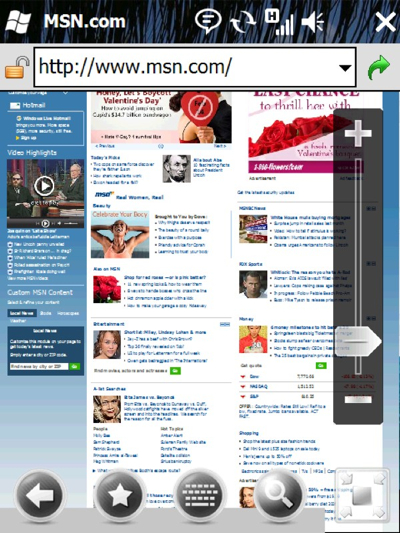




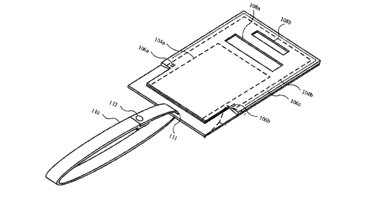






 Malcolm Owen
Malcolm Owen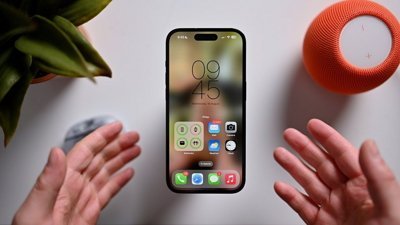
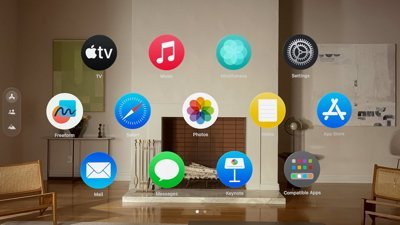

 William Gallagher
William Gallagher

 Christine McKee
Christine McKee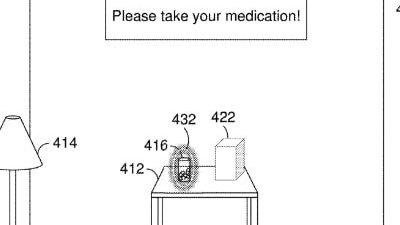
 David Schloss
David Schloss
 Amber Neely
Amber Neely







